Words for the bereaved
Sympathy Messages: What to Write in a Sympathy Card
By Keely Chace and Hallmark staff on April 20, 2022
Signing a sympathy card isn’t easy. We search for words. We wonder what would be comforting to hear. We worry about saying the wrong thing…
But even though it’s not easy, it is important to reach out in sympathy. Our words can’t take away the pain of losing a loved one, but they can go a long way toward helping a grieving person feel loved and supported.
You should know right up front that you won’t find the perfect thing to write here. However, you will find ideas from seasoned Hallmark writers for good, helpful and hopeful things to write in a sympathy card.
We hope our tips help you relax, write and share your heartfelt caring with someone who is going through a time of grief.
- Condolences
- Appreciation
- Offer to Help
- Following Up
- Sudden or Unexpected Death
- When Someone Has Died by Suicide
- When You Cannot Attend the Memorial Service
- Loss of Parent
- Loss of Spouse or Partner
- Loss of Child
- Miscarriage
- Loss of Pet
- Sympathy Closings
- What NOT to Write in a Sympathy Card
- What to write in a sympathy card VIDEO
Condolences
There are many good reasons for keeping your personal sympathy message short. It could be that the card has already expressed most or all of what you wanted to say. Or maybe you didn’t know the deceased well, or at all. Whatever the reason, you can absolutely be brief and still come across as warm and caring.
Examples
- “We are so sorry for your loss.”
- “I’m going to miss her, too.”
- “I hope you feel surrounded by much love.”
- “Sharing in your sadness as you remember Juan.”
- “Sharing in your sadness as you remember Dan.”
- “Sending healing prayers and comforting hugs. I am so sorry for your loss.”
- “With deepest sympathy as you remember Robert.”
- “I was saddened to hear that your grandfather passed away. My thoughts are with you and your family.”
- “Remembering your wonderful mother and wishing you comfort.”
- “It was truly a pleasure working with your father for 17 years. He will be deeply missed.”
- “Thinking of you all as you celebrate your sibling’s remarkable life.
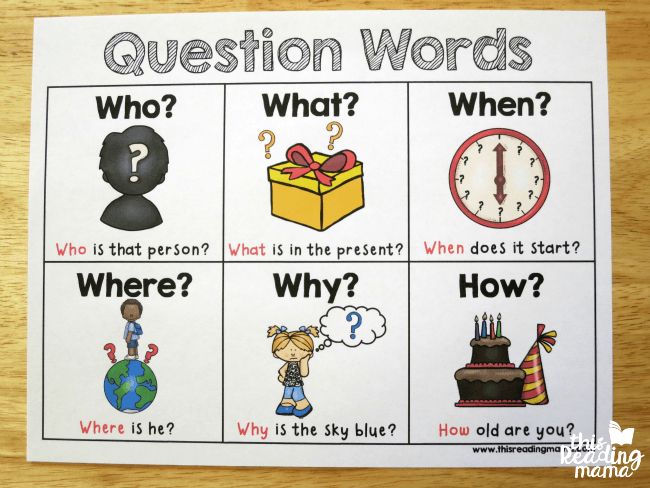 ”
” - “Thinking of you all as you celebrate your grandmother’s remarkable life.”
- “We are missing Anne along with you. With heartfelt sympathy,”
- “Thinking of you and wishing you moments of peace and comfort as you remember a friend who was so close to you.”
- “Our family is keeping your family in our thoughts and prayers.”
- “Holding you close in my thoughts and hoping you are doing OK.”
- “Even though there is joy in the homegoing, there is sorrow in your loss. Thinking of you at this tender time.”
- “Te acompaño en estos momentos de gran tristeza.”
Writing tip: If you knew the person who has passed but not the surviving family member(s) to whom you’re sending your card, it might be helpful to mention your connection to their loved one (from school, through work, etc.).
Appreciation
It can be a great comfort to a grieving person or family to hear that others thought highly of their loved one, too. If you knew and admired the loved one who has transitioned, be sure to let your recipient(s) know.
If you knew and admired the loved one who has transitioned, be sure to let your recipient(s) know.
Examples
- “What an amazing person and what a remarkable life. I feel so lucky that I got to know him.”
- “What a good and generous man your father was. I thought his funeral service was a wonderful tribute to him and all he has done for our community. He will be missed.”
- “Your granddad believed in uplifting everyone in his circle. I was one of those people. And I am so honored to have known him.”
- “Your mama was an amazing lady, and I feel privileged to have known her. I know you will miss her deeply. I’ll be keeping you in my thoughts and prayers.”
- “Celebrating the life of a good person and mourning their passing with you.”
- “Celebrating the life of a good man and mourning his passing with you.”
- “Your daughter touched so many lives for the good. I’m grateful I had the chance to know her as both a colleague and a cherished friend.
 ”
” - “Your mother blessed so many people with her faith and kindness. Praying that you’ll find comfort in your memories of her and in the knowledge that others are missing her, too.”
- “Our abuela told us our stories, passed down traditions and held us together in love. We are so blessed to come from her and to feel her love from heaven.”
- “I have the best memories of staying with Aunt Edie as a kid. I don’t think I’ve told you this, but starting when I was about 10, she would take me to Becker’s for ice cream cones…and let me drive! Only Aunt Edie…I’m going to miss her fun-loving spirit so much.”
- “Nobody could tell a funny story like your mom. Remember at your graduation party—the story about the vacuuming incident? My face hurt for a full day after from laughing so much. I’ll always cherish those memories of fun times spent with her.”
- “Your mama was always doing for people. A lot of people have been blessed by her kindness and hold her close in their hearts.
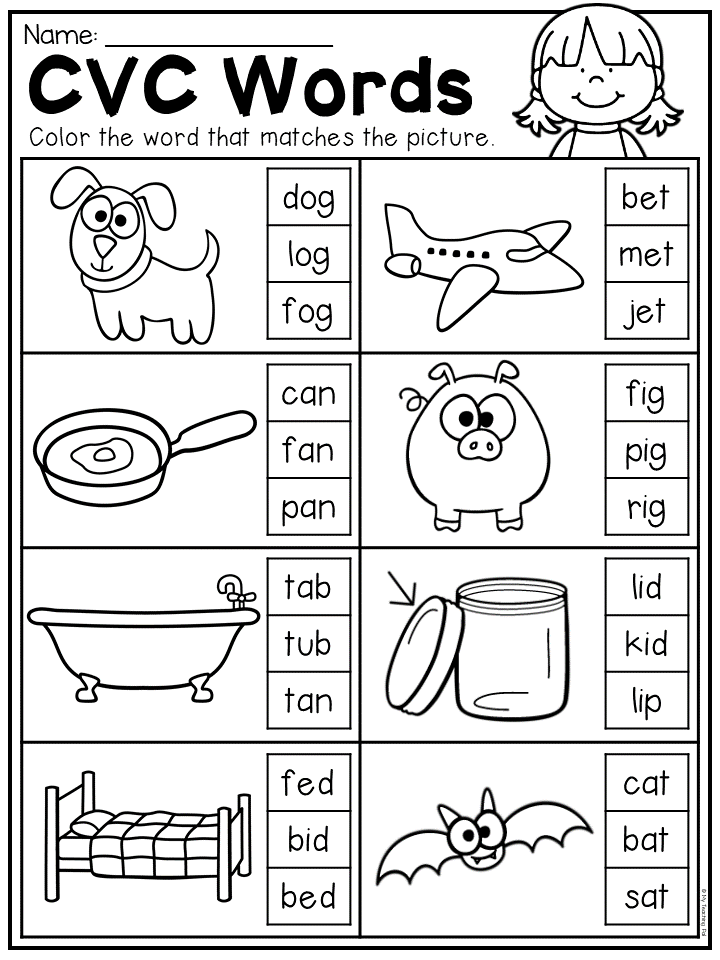 ”
” - “Qué persona tan maravillosa y qué vida tan extraordinaria. Me alegra mucho el haberla conocido.”
Writing tip: Need a more specific word than “good” to describe the deceased? Consider one of these: kindhearted, talented, admired, unforgettable, fun-loving, funny, wonderful, well-loved, lovely, sweet, generous, one-of-a-kind, one-in-a-million, honorable, respected, caring, hardworking, strong, energetic, happy.
Offer to Help
If you’re in a position to help your recipient with arrangements, meals, housework, yard work, childcare or something else, then feel free to include an offer to do so as part of your message. Just be sure to follow up and follow through.
Examples
- “I know I can’t make your pain go away, but I want you to know I’m here with a shoulder or an ear or anything else you need.”
- “Thinking of your family with love and wanting to help out in any way I can. I’ll call to see when would be a good night to bring over a meal.
 ”
” - “You’ve got so much on your mind and on your heart right now. We hope it will make one less worry to know that Kevin and I will be taking care of the yard for as long as you need.”
- “I know this must be a very difficult and demanding time for you all. We are keeping you in our thoughts and prayers. If there is anything we can do—from walking Max to picking up your dry cleaning, please let us know.”
- “It’s so important to get your rest. I’ll take the kids for a couple of hours whenever you need time to sit quietly.”
- “Sé que no puedo desaparecer el dolor que estás sintiendo, pero aquí estoy para lo que necesites.”
Writing tip: In general, the more specific your offer of help, the better. And no task is too small.
Following Up
When someone you know is grieving, you might want to offer ongoing messages of support in the weeks and months following the loss of their loved one. You can send these cards to note an occasion like the loved one’s birthday, a wedding anniversary, holidays or any other time when the grieving person may need extra support.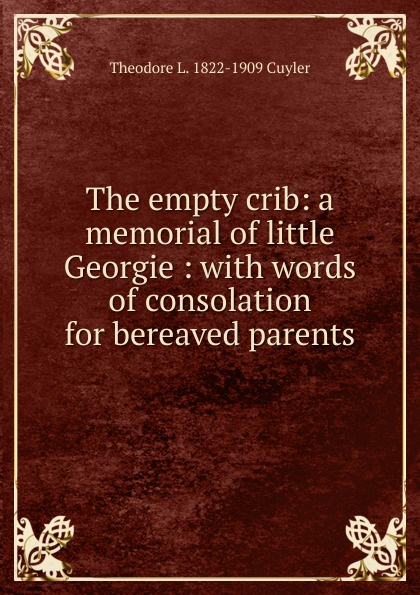
Examples
- “It’s been a while, but I know that the hurt doesn’t go away when the cards and casseroles do. I’m still here for you.”
- “Just wanted to let you know we’re remembering your mom on her birthday and sending lots of caring thoughts your way.”
- “I know Christmas won’t be the same without DeMarcus, but I hope it helps a little to know that you’re in my thoughts and prayers, especially through the holidays.”
- “Hard to believe it’s been a year since we said good-bye to Noah. Couldn’t let this anniversary go by without letting you know that I’m thinking of you.”
- “This Kwanzaa season, there is a new ancestor to honor. Thinking of you, your mother and your family as you light the kinara.”
- “Solo quería que supieras que sigo pensando en ti y en tu familia.”
Writing tip: You will find some cards specific to sympathy follow-up, but you might also choose to go with an encouragement or thinking-of-you card, or a blank card with a beautiful or lighthearted photo on the cover, depending on the tone you’re going for.
Sudden or Unexpected Death
It’s never easy to lose someone we love. But often, a loss that no one saw coming can lead to complicated grief. This might be because of the deceased’s young age or apparent good health or an accident or other tragic circumstances. Whatever the case, these kinds of losses call for additional comfort, understanding and ongoing support.
Examples
- Words Fail: “I’m not sure what to say in the face of such a difficult loss. Just want you to know that I care about you, and I share in your sadness.”
- Acknowledging Unexpectedness: “We were surprised and saddened to hear about Mike’s passing. He was such a good guy. We’re going to miss him so much, too.”
- I’m Sorry: “I’m deeply sorry your family is experiencing the pain of a loss like this. My heart goes out to each of you.”
- This Is Especially Hard: “We never would have felt ready to say good-bye to someone as special as Christina, but this timing feels especially tough.
 Wishing your family comfort and strength for the days and weeks ahead. We’ll be praying for all of you.”
Wishing your family comfort and strength for the days and weeks ahead. We’ll be praying for all of you.” - Wishes/Prayers: “Keeping you in my warmest thoughts as you navigate this difficult time—and wishing you hope and healing when you’re ready.”
- I’m Here for You: “It’s going to take time to get through the shock of this loss. Just want you to know we’ll be here for you all the way.”
- Ongoing Support: “Hey, I know it’s been a couple of months since you lost Ernesto. Just want you to know I haven’t forgotten. I’m still thinking about you. And I’m here to help out, listen, whatever you need.”
- Cuando no encuentras las palabras adecuadas: “Ojalá supiera qué decirte ante esta pérdida tan inesperada… Pero lo que sí quiero que sepas es que lo siento mucho.”
Pro Tip: If everything you try to write feels wrong or awkward, then keep your message short. The simple act of sending a card communicates caring—even if you simply sign it “With deepest sympathy” followed by your name.
When Someone Has Died by Suicide
Losing a loved one to suicide is devastating, and the isolation that can result from others not knowing what to say or how to support has its own sting. Making the effort to connect is an important first step. Offer your sincere condolences without questions and without judgment.
Examples
- Loss of Close Friend: “Trey was such a dear and loyal friend. He made an incredible impact on me and I will miss him so much. All my thoughts are with you and your family.”
- Loss of Family Member of Close Friend: “Friend, there are no words for something as heartbreaking as this. I wish you didn’t have to know this pain. Call me any time, day or night, and I’ll be checking in with you through the days and weeks to come.”
- Unintentional (e.g. overdose): “I know how hard your sibling was struggling and how much your family has been through, and I’m so sorry this happened.
 ”
” - Military/PTSD: “Your family has served this country with courage and honor. You have so much to be proud of. I hope that can bring you some comfort in your heartache.”
- “It’s not fair that PTSD took someone who already gave so much of himself/herself to others. It shouldn’t be this way. I hope that you feel surrounded by love and support every step of this journey.”
- Young Person: “I’m still stunned about Ramesh. I can’t imagine what such a loving family like yours is going through right now. Ramesh really shone his light when he was here. I loved that about him. He will be remembered and loved always.”
- LGBTQ: “Kai was 100% themselves, and I loved that about them. Their self-assuredness is something that will always inspire me even as I miss them so much. If you ever want to share memories and stories, I’m here.”
- En este momento tan difícil de entender.
- Pérdida de un familiar o amigo: “No puedo imaginar lo que están sintiendo en este momento tan difícil de entender, pero espero que tú y tu familia encuentren paz y consuelo en los gratos recuerdos de su ser amado.
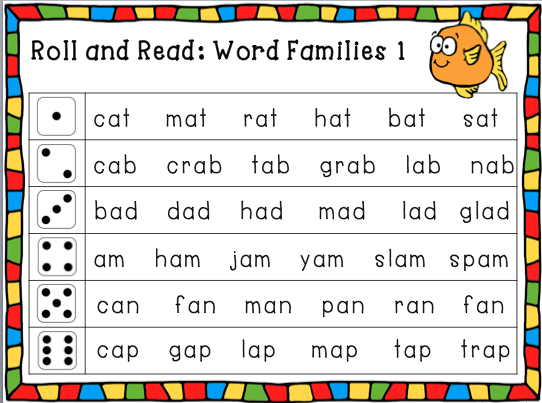 Los acompaño en su dolor.”
Los acompaño en su dolor.”
Writing Tips: Acknowledge that the topic of suicide is very sensitive, and the recipient may have many complicated feelings. It’s important not to share your opinions on suicide and instead be supportive of the person grieving and however they are experiencing grief.
Language Note: In being compassionate toward people whose lives have been impacted by suicide, it is important to avoid terms like “committing suicide,” which can evoke feelings of guilt and blame. Instead, say “died of suicide” or “died by suicide.”
When You Cannot Attend the Memorial Service
It’s a very human instinct to want to offer condolences and support in person when someone has died. However, for a variety of reasons—either your own circumstances or the family’s need to forego or delay a memorial service—it may be impossible to do so. In those cases, you may wish to say a little more in your written message.
Examples
- Wish I Could Be With You: “I wish I could be there to honor your dad along with you.
 He was a great man.”
He was a great man.” - Looking Ahead to a Memorial Later On: “I know Kara’s memorial service won’t happen for a few months yet. Just didn’t want to let that much time go by without reaching out to tell you how saddened I am by her passing. She was such a sweetheart. She’ll be deeply missed.”
- This Is Hard: “It’s hard to lose someone who meant so much to all of us, and even harder that we can’t all be together to say good-bye. We want you to know we’re with you in spirit—now and in the days and weeks ahead.”
- I’m Here for You in Other Ways: “Even though I can’t be there for Tom’s service, just want you to know I’m here to drop food by, mow the lawn or anything else that comes up.”
- Homegoing: “There is a celebration in heaven and a celebration in our hearts even though we can’t be there to put our arms around you.”
- “Ojalá pudiera estar ahí contigo para honrar la memoria de tu papá.
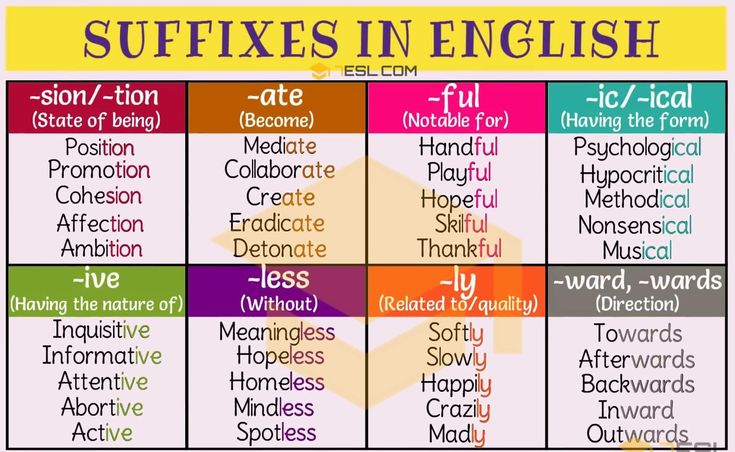 Fue un gran hombre.”
Fue un gran hombre.”
Pro Tip: When you can’t be there to honor the deceased in person, you might also choose to make some kind of honoring gesture in addition to sending a sympathy card.
Loss of Parent
It’s never easy to lose a parent. No matter how old we are, no matter how close or complicated the relationship, it hits hard. And it calls for some special words of comfort. (Note: These message examples alternate references to mother and father but could work for either.)
Examples
- Compliment: “Your father was such a wonderful man. I was lucky to know him.”
- She’ll Always Be With You: “You’ll always remember how it felt to laugh with her and be loved by her. I hope those memories will bring comfort in time.”
- He Lives on in You: “The lessons your dad taught you, the love he gave, the way he cared for people…all those good things live on in you.
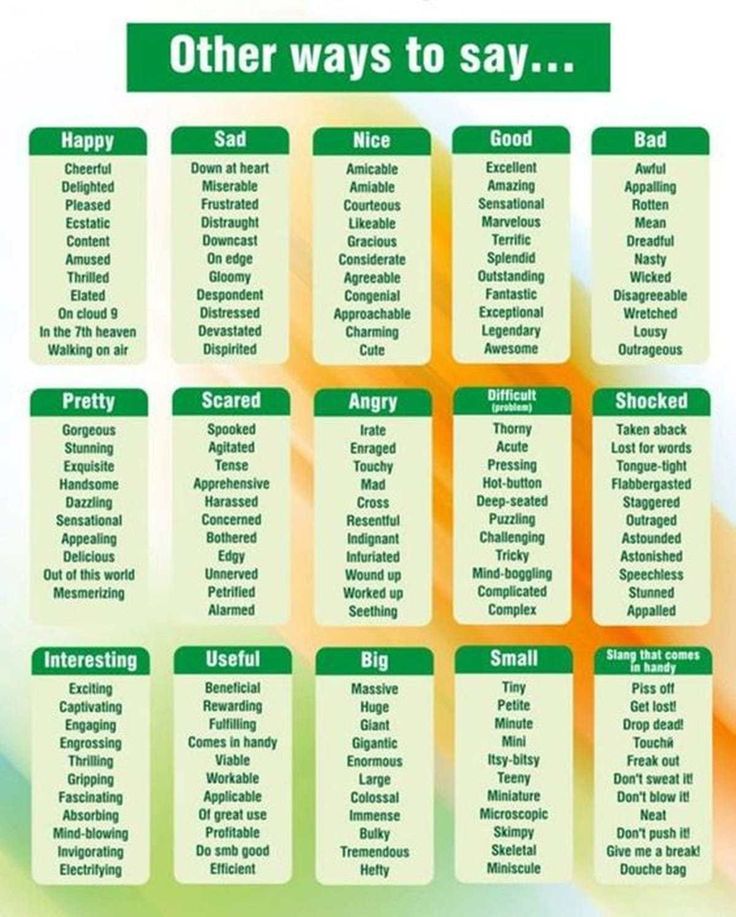 ”
” - You Were a Comfort: “You were a joy to your mother all your life, and a huge comfort to her over these past few months. It’s sad to lose her, but I hope you feel good about the way you were there for her.”
- Miss Him Too: “Just wanted to say how much your father meant to me, and how much I miss him, too.”
- Loved Her Too: “Your mom was such a good friend. I loved her, too.”
- When You Didn’t Know Him: “I didn’t have the chance to know your father, but I know he must have been someone special to have raised a great son like you.”
- This Is Hard: “It’s so hard saying goodbye to your mom. My heart goes out to you right now.”
- He was a pillar in our community: “Your daddy was father, brother, uncle and wise elder to so many in our community. He was much of a man.”
- Share a Memory: “Nobody could match your dad for making people feel special.
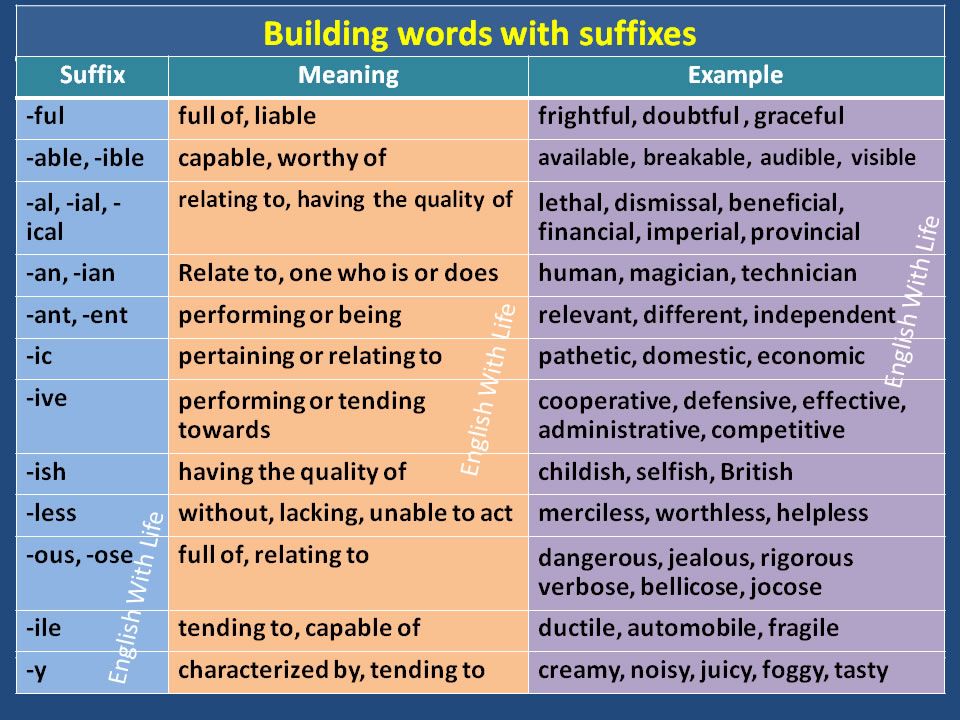 I’ll always remember being the smallest kid on the pee-wee baseball team he coached, but feeling big, because he made me team captain.”
I’ll always remember being the smallest kid on the pee-wee baseball team he coached, but feeling big, because he made me team captain.” - Siempre estará contigo: “El amor infinito de tu mamá siempre permanecerá en tu corazón, y su recuerdo vivirá para siempre en nuestras memorias. Lo sentimos mucho.”
Pro Tip: If you’ve lost a parent yourself, it’s fine to mention that, but take care not to make your message more about you and your experience. Keep the focus on sending comfort and support to the person you’re writing to, and don’t assume you understand exactly how they feel.
Loss of Spouse or Partner
Someone who’s just lost their spouse or partner is both grieving and also facing a huge adjustment to their day-to-day living and sense of identity. Whether they’ve been sharing life for six years or sixty years, it’s a shock to lose that feeling of togetherness in everything. You might choose to acknowledge this in a direct or indirect way in what you write.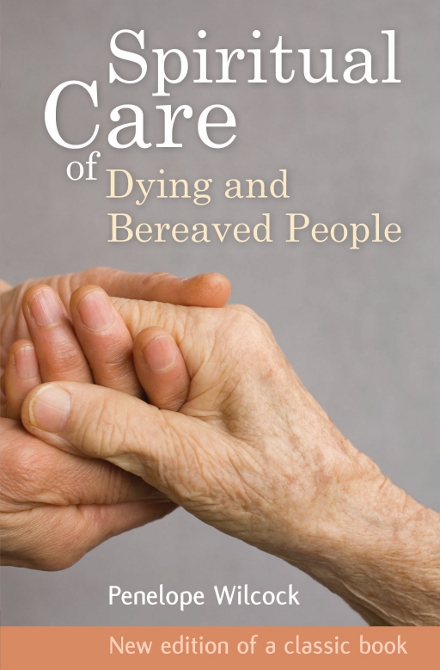
Examples
- Compliment the Relationship: “What the two of you shared was truly something special. You loved each other so well.”
- Compliment the Deceased: “Stephanie was one of the funniest, most vibrant people I’ve ever met. I’m so grateful I got to know her.”
- He’ll Always Be With You: “Someone who shared so much of life with you will forever be a part of you. Keeping you in my prayers as you remember your husband.”
- Take Care of Yourself: “I know the days and months ahead will be a big adjustment, so please give yourself a lot of grace. Do whatever you need to take care of you—and know I’m here for you, too.”
- I Believe in You: “I know it must feel like this pain will never end. But I believe in my heart that comfort will find you when you’re ready. I believe you’ve got the strength to come through. And in time, I hope you’ll believe it, too.
 ”
” - Miss Her Too: “Linda was such a terrific colleague and friend. I miss her deeply.”
- Loved Him Too: “I hope it helps a little to hear how much Matt was loved by others, too—me, for one.”
- When You Don’t Know the Surviving Spouse/Partner: “Even though we haven’t had the chance to meet in person, I feel like I know you from the glowing way Jim talked about you. It was easy to see how much he loved you.”
- This Is Hard: “Losing the one you love is so hard. And so I’m praying hard for you—for peace, for comfort, for whatever you need right now.”
- Share a Memory: “I was just thinking about Anne’s unforgettable dinner parties—especially the one with the notorious lemon-bar incident. That was the best. And SHE was the best.”
- Share What’s True: “He held you down and lifted you up in this world. I hope you can still feel him and his love around you.
 ”
” - Admiración hacia la pareja: “El amor que compartieron fue realmente especial. Deseo de todo corazón que su recuerdo te traiga tranquilidad y consuelo.”
Writing Tip: For a surviving spouse who still has kids living it home, consider including them in your message. You could mention them in your greeting (“Dear Ellen and Family” or “Dear Finn, Katie, and Joe”), in the body of your message, or both. Another option would be to send a separate card to each of the kids.
Loss of Child
This is an especially tough one. Every parent wants so much to nurture, protect, and see their child grow up, but sadly, life doesn’t always work out that way. When writing to someone who’s lost a child, try to relax and remember that the gesture of reaching out will probably mean just as much as the actual words you write.
Examples
- Compliment: “Della was such a sweet girl. I wish she could have stayed with you, and with all of us, for so much longer.
 ”
” - They’ll Always Be a Part of You: “You’ll always miss Alex, but they’ll always be with you in the memories you keep, the stories your family tells, the laughter you share, and the love you all hold for them. May those good things help heal the hurt in time.”
- I’m Sorry: “So deeply sorry you have to go through a heartbreak like this. Sharing in your sorrow and keeping your family in our most caring prayers.”
- Time Was Short/Love Was Big: “Even though Maddie was with us for too short a time, she filled the world around her with so much joy. And you filled hers with so much love.”
- His Life Mattered: “Though we only got to hold him for a little while, he brought us together and brought so many smiles. Celebrating all the days that were brighter because he was here.”
- Loved Her Too: “I hope there’s some comfort in knowing how much we loved Aya, too.”
- Miss Him Too: “Missing Henry right along with you.
 ”
” - This Is Heartbreaking: “It just feels wrong that you should have to say goodbye to your child. Whatever you’re feeling, please know you’re not alone. I’m just one of many who want to do whatever we can to support you in the weeks and months to come.”
- Share a Memory: “Jamal was the first to be a friend to anybody who needed one. I was just remembering when our class got a new student this spring, and Jamal made a point of sitting with him at lunch. He was a special kid.”
- Siempre será parte de ti: “Tu hijo es una estrella en el cielo, y su luz iluminará siempre tu camino y tu corazón.”
Writing Tip: You can adapt most of these message ideas for parents who have lost an adult son or daughter. The heartbroken feeling that life isn’t supposed to work like this will still apply—and the need for caring, support, and prayers will be similar, too.
Miscarriage
Miscarriage is the kind of loss that you may only know about if you’re part of the mom’s or couple’s inner circle of family and friends.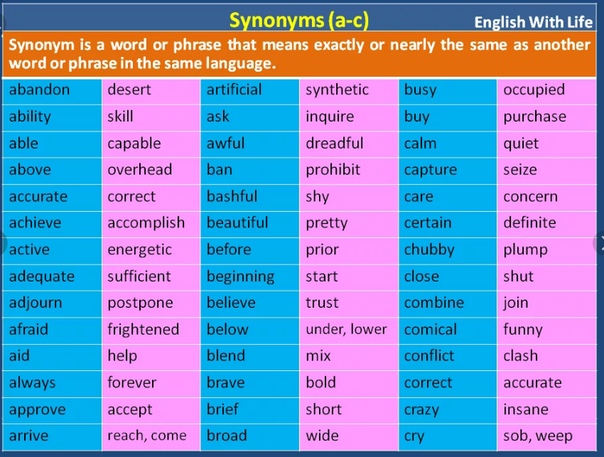 If that’s the case, you have a unique opportunity be a source of comfort and support in a world that doesn’t know.
If that’s the case, you have a unique opportunity be a source of comfort and support in a world that doesn’t know.
Examples
- Your Loss Is Real: “The love you felt for your baby-to-be was real, and so is the loss you’re experiencing. I hope you can be gentle with yourself and honor whatever you’re feeling right now.”
- I’m Sorry: “I’m so sorry you’ve had to let go of the dreams you were already cherishing for your baby.”
- This Is Hard: “I can’t begin to understand all you’re feeling right now, but I know it can’t be easy. I wish you didn’t have to go through a loss like this.”
- Wish for Healing: “Keeping you and Keisha in my thoughts and hoping for healing to come to you in time.”
- I’m Here for You: “I was deeply saddened to hear you’ve had a miscarriage. Just want you to know I’m here for you—to talk, to bring over a meal, or whatever you need right now.
 ”
” - It’s Not Your Fault: “Just wanted to remind you that there was nothing you could or should have done differently. Sometimes these things just happen. I’m sorry it had to happen to you.”
- Lo siento: “Siento mucho la pérdida de tu bebé. Aquí estoy para ti, para hablar, para escucharte, para lo que necesites.”
Writing Tip: It’s sad for an expecting mother to lose a pregnancy even when she already has children, or may go on to have others. So avoid saying anything like “At least you already have Emma” or “You can always try again.” Those thoughts come from a good place, but they risk implying that the mom or couple should just get over it quickly and move on.
Find more messages and ways to support parents who have lost a baby.
Loss of Pet
Pets are genuinely family members for a lot of us, and when we lose one, it can be a huge comfort to have others recognize how much they meant and how sad it is to say goodbye.
Examples
- Compliment: “Benny was such a good dog. So sorry you’ve had to say goodbye to him.”
- You Loved Her Well: “From your first hello, to your last goodbye, Shadow felt how much you loved her. She was one lucky kitty to have you for her person.”
- Wish for Good Memories: “Wishing you smiles amid the tears as you remember happy times with your loyal companion and friend.”
- She’ll Always Be Part of You: “Trixie may be gone from your lap, but she’ll stay in your heart forever.”
- Miss Him Too: “I was so sorry to hear about Speck. I sure am going to miss seeing him when I’m out walking.”
- She Meant a Lot: “Our fur babies hold such an important place in our lives and our hearts. Thinking of you as you remember Gertie.”
- Share a Memory: “I’ll never forget walking into your kitchen and finding every single cabinet open and Fluff peeking out from a drawer.
 He was such a clever cat.”
He was such a clever cat.” - “Lucas era un perro tan bueno y cariñoso. Siento mucho que hayas tenido que decirle adiós.”
Pro Tip: If your recipient has had to make the hard decision to have their pet put to sleep, consider affirming them in that decision. Let them know you support their choice, that you know it wasn’t easy, that you share their sadness but are glad their friend isn’t hurting anymore.
Sympathy Closings
A warm, respectful closing is a graceful way to wrap up your sympathy message. Choose one of these, or create your own.
- With sympathy,
- With deepest sympathy,
- With heartfelt sympathy,
- With prayers and sympathy,
- With sincere sympathy,
- With warm thoughts and prayers,
- With caring,
- With love at this sad time,
- In caring sympathy,
- With you in sorrow,
- Sharing your sadness,
- Thinking of you,
- Caring thoughts are with you,
- God bless,
- God bless you and comfort you,
- Keeping you in our prayers,
- Lifting you up in prayer,
- Praying for you,
- Wishing you peace,
- Wishing you healing,
- My heart goes out to you,
- Please accept our condolences,
- My sincere condolences,
- Prayerfully,
- Con el más sentido pésame,
What NOT to Write in a Sympathy Card
Here are a few thoughts and phrases to avoid in sympathy cards, because they risk either minimizing the recipients’ unique feelings of grief or actually making them feel worse.
Examples
- “I know how you feel.” We all experience and process grief differently.
- “She was so young.” No need for a potentially painful reminder.
- “What a terrible loss.” Avoid dwelling on the pain or difficulty of the loss.
- “You should…” Instead of advice, offer comfort and support.
- “You will…” Steer clear of predictions about how their grief journey will go.
- “This happened for a reason.” Even with the best intentions behind it, this thought risks assigning blame for the death.
- “Sé cómo te sientes.” No es bueno asumir cómo se sienten las personas. Todos experimentamos el duelo de manera diferente.
Writing tip: If you’re still worried about saying the wrong thing, then keep your message very short. The simple act of sending the card lets your recipient know you care.
What to write in a sympathy card VIDEO
Find out the simple formula for crafting your own sympathy message and get some real life examples and watch-outs from Hallmark Senior Writer Cat Hollyer.
More ways to support someone who is grieving
Check out the other articles in our series on grief support:
- How to Help Someone Who is Grieving Immediately after a Loss
- Continuing Grief Support: How to Help Someone Who is Grieving over Time
- Grief Support on Anniversaries, Birthdays and Special Occasions
- Sympathy Gift Ideas for Offering Your Condolences and Support
- Food for Friends in Need
- Comforting Grief Quotes
- How to Support a Friend or Loved One in Need
- Tags:
- Greeting Card Messages and Ideas
- What to write video guide
- Credits:
- Additional contributions by Cat Hollyer, Linda Barnes, Allyson Cook and Suzanne Heins.
 Melvina Young, Megan Haave and Cindy Phillips.
Melvina Young, Megan Haave and Cindy Phillips.
Keely Chace is a Hallmark Master Writer who loves reading, running and spending time with her husband and daughters. She shares writing tips in her "What to Write" series on Hallmark & Community.
-
Father's Day What to Write in a Father's Day Card
Find just the right words to tell dad just how much you appreciate him even if you cannot be together this Father's Day.
-
Card Ideas What to Write in a Lunar New Year Card
Lunar New Year is the most important celebration of the year for those who follow the lunar calendar.
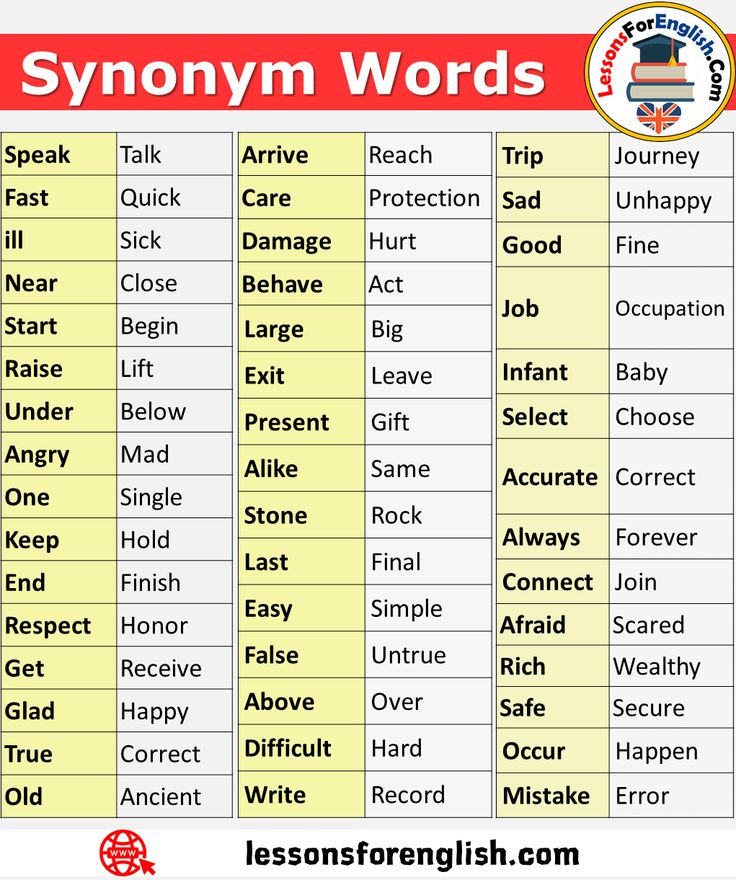 It’s a time ...
It’s a time ... -
Birthday What to Write in a Birthday Card
When it comes to signing birthday cards, there are people who have no problem picking up a pen and adding a warm, per...
-
Card Ideas Video Greeting Cards
Make moments last a lifetime.
 With Video Greeting Cards, it’s easy to create one-of-a-kind videos to connect with peo...
With Video Greeting Cards, it’s easy to create one-of-a-kind videos to connect with peo... -
Quinceañera What to Write in a Quinceañera Card
If you feel like you don’t know enough about quinceañeras and you want the right words to tell the guest of honor you...
-
Card Ideas What to Write in a Diwali Card
Diwali—the Festival of Lights—is a celebration of peace, prosperity and the triumph of light over darkness and goo.
 ..
..
Comforting Words for Times of Death and Loss
DESCRIPTION
comforting words to grieving person
SOURCE
Goodboy Picture Company / E+ / Getty
It’s difficult to find the right words to say when someone you know has suffered a loss. The last thing you want to do is cause more pain for a person who is grieving, but saying anything is almost always better than saying nothing at all. Keep reading for a list of comforting words for the death of a loved one, expressions that aren’t as helpful as they seem, and ways you can make life easier for a mourning person.
Comforting Words to Say in Person
Whether you're conveying sympathy messages in a letter or in conversation, the bereaved will remember your presence and support far more clearly than your actual words. However, the right condolence statements can bring peace to a person who is hurting. Here are a few words to say in times of death.
However, the right condolence statements can bring peace to a person who is hurting. Here are a few words to say in times of death.
- “I was so sad to hear about their passing.” Knowing that their loved ones’ death has affected others can comfort those in the midst of deep grief.
- "The ceremony was beautiful." Talking about how the church looked or how well the eulogy went helps a suffering person to think about something other than their pain.
- "Could I do [task] for you?" Finding small ways to help the bereaved is always welcome. Don't ask what they want or need; their mind is elsewhere.
- “I’m so sorry that you’re going through this.” Expressing sympathy for someone enduring the grief process can go a long way.
- “I’m thinking of your family during this difficult time.” It’s simple and it’s true.
- "I remember when they …" Sharing memories of the deceased can mean a great deal.
 Sharing from the heart can help grieving people reconnect with memories of good times.
Sharing from the heart can help grieving people reconnect with memories of good times. - “What I’ll always remember about [the deceased person] is …” Just like sharing memories is helpful, talking about positive qualities of a lost loved one can be comforting.
- “[Person] will be dearly missed.” This phrase lets the bereaved know that they aren’t alone in their grief, and that their loved one was important to others.
- “I know that you loved them so much.” You’ll never know the extent of their relationship, but expressing that their love was clear to everyone can be a comfort.
- "I'm sorry for your loss." This small phrase lets a grieving person know you care. It sums up everything they need to hear from you in the clearest, most easily understood phrasing possible.
- "I was glad to see [person] here." Speaking well of a third party who can offer moral support can be an excellent idea.
 It’s a powerful reminder that the bereaved aren't alone, and that people are open to them reaching out.
It’s a powerful reminder that the bereaved aren't alone, and that people are open to them reaching out. - “I can’t imagine how you must be feeling.” It’s true, and it gives the grieving person room to feel however they feel.
- “I’m here for you.” Whether they call on you for help or not, these simple words reinforce how supported the bereaved feel.
- “I loved [the deceased person] so much.” It’s nice for a person in mourning to hear that their loved ones were loved by others.
- “May their memory be a blessing.” One day in the future, the bereaved will smile at the memories of their loved ones instead of crying.
- “Words can’t express how much [person] meant to me.” When words fail, this is a good sentiment to let the bereaved know that you really do care.
- “I don’t know what to say. I’m so sorry.” No one expects you to say the perfect thing in a difficult moment.
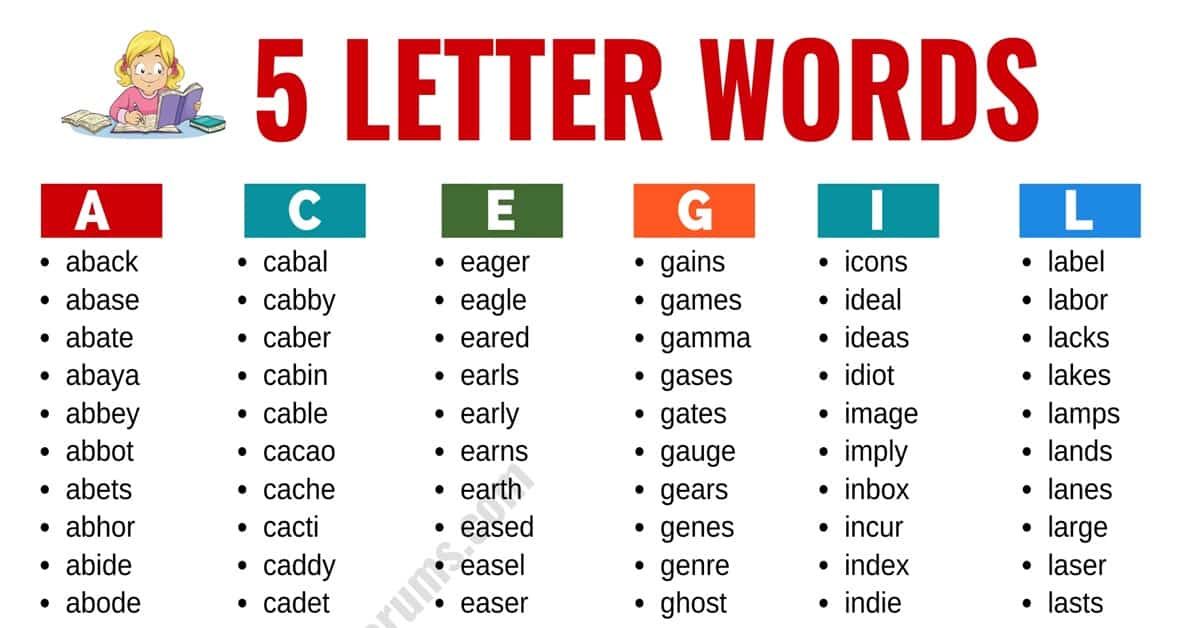 Acknowledging that a loss is beyond words can be reinforcing for a grieving person.
Acknowledging that a loss is beyond words can be reinforcing for a grieving person. - Speak from the heart. If you’re close to the person, they just need you to be authentic. Keep it simple and let your supportive actions speak louder than your words.
Advertisement
Comforting Words to Say in Writing
If you’re not able to visit the bereaved in person, you can send a thoughtful card or email to express your sympathy. Most of the above sentiments can be used in a written message, but here are a few more that can bring comfort.
- “Our thoughts and prayers are with you.” This simple statement doesn’t go into much detail, but lets the reader know you’re thinking about them.
- “Wishing you comfort, peace and strength in this difficult time.” The grieving reader will feel supported with just a few words.
- “Deepest condolences for your loss.” Sometimes expressing your sympathy for their pain is enough.

- “My heart goes out to you during this time.” Grieving people often feel alone in their bereavement, so knowing that you’re thinking about them is comforting.
- “May the love and support of your family and friends comfort you.” If you can’t be there in person, sending wishes of in-person support is a wonderful sentiment.
- “We share in your sorrow and pray for your healing.” Forming a community around a bereaved person can really help them in the coming weeks and months.
- “I wish I could be there in person to give you a hug.” Until you can really be there for someone in person, wishing you could be might have just the same meaning.
- “My heartfelt sympathy.” It’s a beautiful and simple turn of phrase that conveys what many words can’t.
- “Remembering [the deceased person] with love today.” Chances are, there have been many tears for the grieving person lately, so knowing that their loved one brings fond memories is a comforting thought.

- “I was so sorry to hear of your loss.” When all else fails, this standard reply rings true.
Advertisement
DESCRIPTION
Holding hands in comfort
PERMISSION
LTK subscription agreement
What Not to Say
Sometimes the most well-intentioned phrase can be more painful than helpful. When finding the right words in time of death, remember that grief isn’t something you need to fix – it’s a natural process that the bereaved must work through. The following phrases are examples of what not to say to a grieving person.
- "Don't cry." When you say, "Don't cry," a grieving person may feel like you're pressuring them not to show their feelings, or to grieve in a way that's unnatural for them.
- “You’re so strong. I would be broken if I were you.” It sounds like a compliment, but the bereaved hear a completely different message: that they didn’t love the departed enough because they’re still functioning.

- "Have you talked to …" Don’t offer comfort in the form of another person, particularly a person of a faith to which the grieving person doesn’t belong.
- "I know how you feel." If you've lost loved ones, you might think you know exactly how a mourning person feels. But you don’t – because you’re not them. The same goes for “You must be devastated.”
- "I remember when I lost my …" Similar to the phrase above, this phrase shifts the focus from the grieving person to you. It’s not the same situation, so don’t say it.
- "It will get better." Thinking about the future is overwhelming to a grieving person. Over time, as your loved one becomes more able to talk about their pain, this can be a useful sentiment. At the moment of grief, however, it’s not helpful.
- “What can I do to help?” Don’t make a grieving person think of chores for you to do. Instead, find a job and do it, or talk to others who can give you a task.
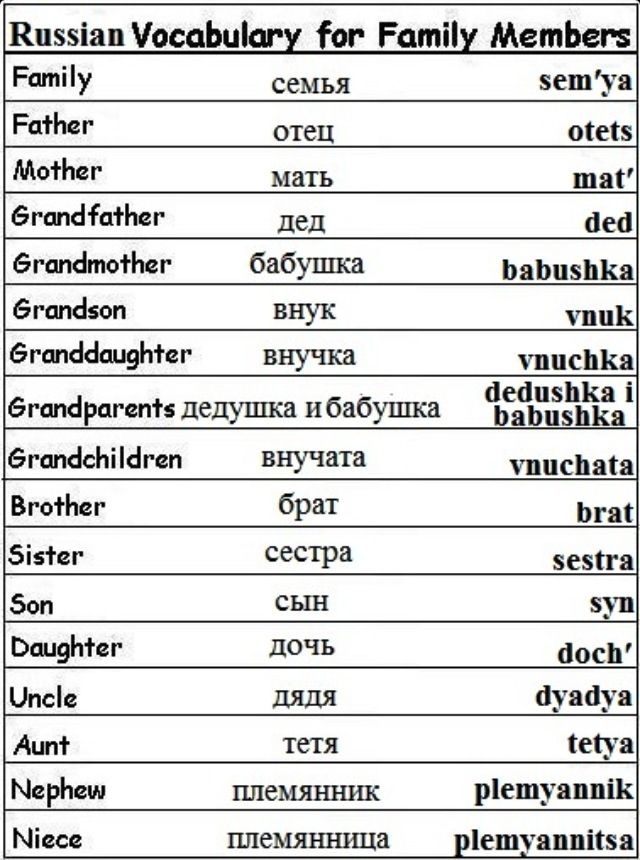
- "The last time I saw …" While sharing old memories can be constructive, recent memories are too close and raw to drop on a grieving person.
- "Time heals all wounds." To a grieving person, this phrase can feel like the speaker is trying to rob the listener of the importance of their loss, or ignore it for their own comfort.
- “How are you?” This is a wonderful thing to ask in a few months, but not immediately after a loss. The answer is obvious: they’re in pain. Don’t make them reassure you that they’re doing fine when they aren’t.
- “Everything happens for a reason.” Depending on their faith, a grieving person may not hear that this painful loss is a part of a larger plan. It can make them feel powerless and that their grief is invalid.
- “This book/movie/spiritual practice really helped me get through a tough time.” Unless you know for sure that the grieving person would appreciate the book, movie, spiritual practice, or advice you’re about to give, it’s not as beneficial as you think.

- “At least [the deceased person] lived a long life.” Even if the person was very old when they died, their loved ones would have wanted more time with them. This phrase makes their loss sound less important than the death of a younger person.
- “Take care of yourself.” Basic functions may seem impossible to a person who is mourning a loved one. Rather than remind them to do something that feels so difficult, offer to help.
- Anything petty or cruel. It may seem obvious, but many people think that funerals are the perfect place to say how they really felt about the deceased person. Let any grudges or disagreements go so you don’t hurt or alienate their loved ones. If you can’t, talk to a counselor or therapist.
- Nothing. Pretending that the person never existed may be more comfortable to you, and you may think that you’re making grieving people more comfortable. But in reality, it makes them feel like their loved one has been forgotten.
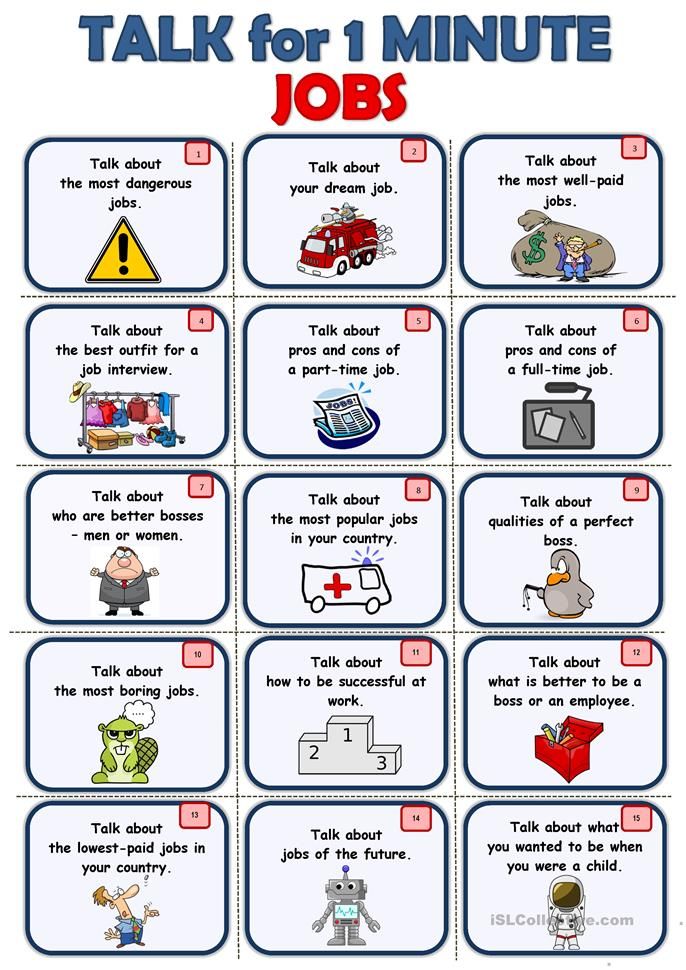
Advertisement
Saying Goodbye After a Loss
Nobody really knows how to face death or how to ease the path of people who are dealing with it. All anyone can do is their best. Explore our words to say at a funeral for comforting remarks for a memorial service. You can also browse these tips on writing an obituary to say just the right thing about a loved one who has passed.
Condolences on death, mournful words of grief
Expressing one's own thoughts is not always easy even in ordinary life situations, and it is even more difficult to formulate words of condolence on the death of a person. It is important not to tarnish the memory of the deceased, not to hurt the feelings of people experiencing the loss and sincerely support them in difficult times. In this article, we will talk about how to avoid standard phrases and find the right words of support for the family and friends of the deceased.
We will open a visa bank card in a foreign bank in 5 days!
How to properly convey words of sympathy and support a grieving person?
- Do not hold back your emotions.
 When you come to the funeral, talk about your feelings. In this case, it is better to say a few warm words coming from the heart than to speak a long memorized speech.
When you come to the funeral, talk about your feelings. In this case, it is better to say a few warm words coming from the heart than to speak a long memorized speech. - Condolences can be expressed not only in verbal form. There are situations when any speech is superfluous. At times like these, it's best to just walk up and hug the grieving person. This will shorten the distance and help the loved ones of the deceased understand that they are not alone in their grief.
- Feel free to offer help. A person experiencing a loss is often in a state of shock and is not always able to perform household tasks in an organized manner. In such a situation, one should not be limited only to words of grief. You can share organizational moments, financial expenses or provide moral support with relatives.
- Remember all the positive things. In order to find words of consolation, sometimes it is enough to tell about what connected you with a person who has gone to another world.
 Did you go ice skating together as kids? Did you write a term paper? Working on a complex project? Tell us about it, and with your warm memories you can give joy to people who are experiencing loss.
Did you go ice skating together as kids? Did you write a term paper? Working on a complex project? Tell us about it, and with your warm memories you can give joy to people who are experiencing loss.
Examples of words of condolence on the death of the deceased
Below are examples of phrases that will help you express your feelings and emotions in a difficult moment and support the loved ones of the deceased.
About the death of a grandmother or mother
- “I share the pain of loss and experience it with you. I remember (name) with the warmest words.
- “This loss is hard to comprehend. It hurts even to think that (name) is no longer with us, but the bright memory of her will forever remain in our hearts.
- “How early the Lord took your mother. How hard it is for you, what grief. Please accept my sincere condolences."
- “Sincere condolences to you, my dear. What a wonderful, bright man has passed away. Like a candle went out.
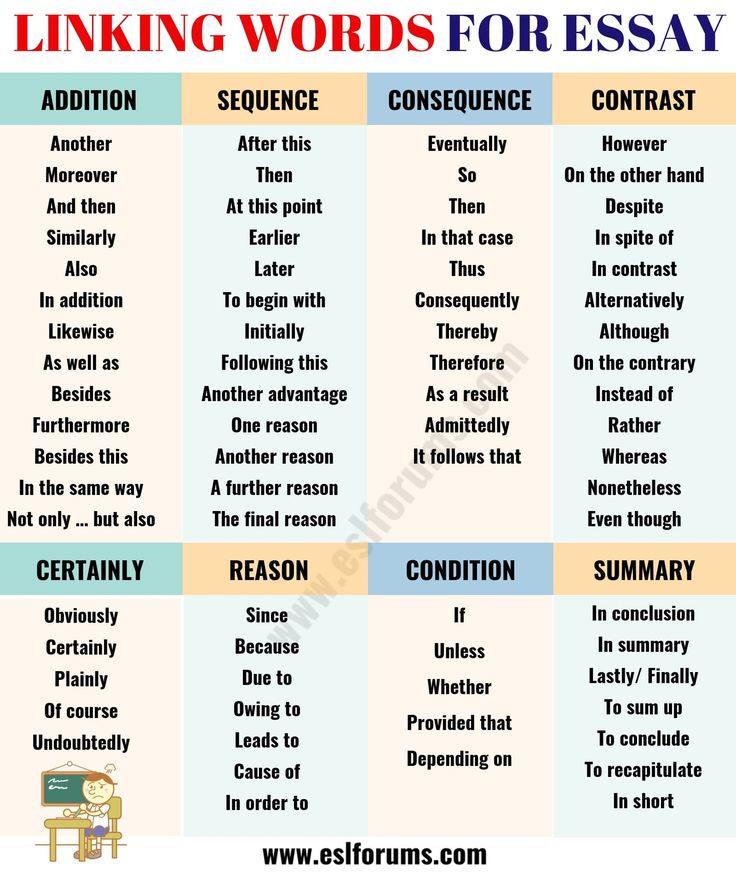 "
"
Regarding the death of a father or grandfather
- “Please accept my sincere condolences. I deeply mourn this loss and sympathize with you.”
- “(name) was a strong man. Therefore, we need to be wise and persevere through this grief. We will continue what he did not have time to complete.
- “Please accept my condolences on the passing of a loved one. Be strong, I'm always with you.
On the occasion of the loss of a husband
- “Try to find the strength in yourself to survive this loss. The peace of your children depends on this. Your love will never die!"
- “From the bottom of my heart, condolences! You went through life together, and now you need to survive this tragedy. We need to take care of ourselves for the sake of the children. We will help you get through this grief. Get strong!”
- “It's hard to find words of comfort. The loss cannot be made up, but know that we are always ready to help at the right time!
On the occasion of the death of a brother, friend
- “Having left this world, (name) will forever remain in our hearts.
 As long as we are alive, we will keep a bright memory of him!”
As long as we are alive, we will keep a bright memory of him!” - “It is impossible to come to terms with the loss of a young man who has not had time to know life. Eternal memory to him!
Words of support to the relatives of the deceased
- “An amazingly bright person left this world! Our grief knows no bounds."
- “Please accept my sincere condolences. It's impossible to talk about it without pain. Bright memory!"
- “No words will resurrect a loved one. But you can always count on me. Everlasting memory!"
Words of support to a person who has lost a friend
- “I sincerely regret the loss! But you have to hold on. Get strong!”
- “I am going through this grief with you and am ready to help at any moment. You can totally count on me!"
- "Hold on. You must be strong in memory of your friendship!”
Words of support to a colleague
- “The death of a loved one was a real shock to me.
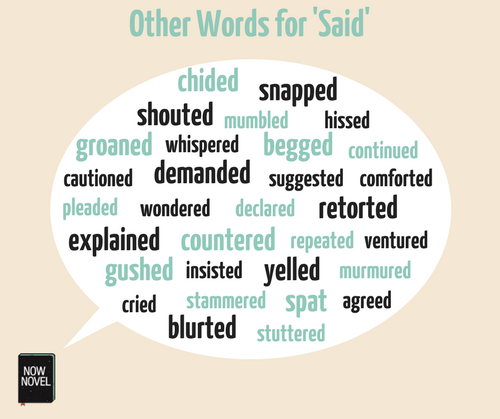 I will pray for him."
I will pray for him." - “The sad news shocked us. We sincerely mourn with you”
- "This sad news was a real shock for us, we sincerely empathize and offer our help."
Written words of encouragement
Condolences can be expressed not only orally, but also in writing. You can bring them in this form within 2 weeks from the moment of death of a person, but not on the day of burial.
Here are some examples of suitable phrases:
- “When the soul hurts from the bitterness of loss, it is difficult to find the right words of consolation. We cannot believe this has happened. Our condolences. We will pray for (name)."
- “We mourn with you deeply. In our hearts, he will remain an amazing person who gave joy.
Modern methods of communication also allow expressing words of support in social networks, through SMS messages, etc.
What should not be said to a mourner?
There are phrases that are not appropriate to use when expressing condolences. They can be misinterpreted and cause offense.
They can be misinterpreted and cause offense.
Don't say words of support to the relatives of the deceased:
- Try to comfort by describing the future. People experiencing loss are not able to think about it. At this moment, there is no future for them.
- Look for the guilty. Even if the death of a person was due to someone else's fault, you should not talk about it. Such a reminder will make the relatives of the deceased even more painful.
- Ask not to cry. A person experiencing the pain of loss should calm the soul and mourn the deceased.
When choosing words of condolence and grief, express your feelings sincerely and do not use formulaic phrases. Listen to your heart. Perhaps the mourner does not need words at all, and the presence of an understanding person and hugs is enough. If you feel that you are ready to help, feel free to talk about it.
Ask your question
Other materials related to Wake
Why people eat with spoons at wake Funeral ceremonies are usually carried out according to certain rules. And many do not know why they eat with spoons at the wake. In this article we will tell you what cutlery is customary to use during the funeral meal and for what reasons.
And many do not know why they eat with spoons at the wake. In this article we will tell you what cutlery is customary to use during the funeral meal and for what reasons.
Wake for half a year after death - do or not The first six months after the death of a person is the most difficult period for his loved ones. At this time, they have to come to terms with their loss and learn to live in a new way. To ease the pain of loss, the clergy urge to remember the deceased as often as possible and pray for the salvation of his soul.
Organization of a memorial dinner at home for 40 days The fortieth day after a person's death is of particular importance. Orthodox Christians believe that at this time the soul of the deceased comes to the house for the last time to say goodbye to loved ones.
Rules for the commemoration: customs and traditions of commemoration of the dead A funeral dinner is an obligatory ritual of the funeral process, which symbolizes the eternal memory of a person who has gone to another world. Relatives of the deceased, close friends, colleagues take part in it.
Relatives of the deceased, close friends, colleagues take part in it.
Word on the Day of the Icon of the Mother of God "Joy of All Who Sorrow" / OrthoChristian.Com
And weapons will penetrate your very soul (Luke 2:35) . Icon of the Mother of God "Joy of All Who Sorrow (with pennies)"
These words once spoken to the holy righteous Simeon of the Mother of God, they themselves come to mind in this feast of the Mother of God, Joy to all who grieve, encouraging us, brethren and sisters, to remember how she became the Joy of all who mourn.
It was only destined for her not to rejoice about that, the coming Which, even "seeing from afar, the prophets and the righteous rejoiced" (Heb. 11:13; Jn. 8:56), but also endure great tribulation for the sake of the Divine Son His. Even when She carried Him in her womb, She could not help but to suffer in His soul from the suspicions of Joseph, her betrothed husband, until the secret was revealed to him seedless conception of the Son of God. Then in the very first days of the earthly life of Her Son, the future Deliverer of Israel, She had to flee with Him to Egypt, the former land of Israel's slavery. When she brought Him to the temple, then Saint Simeon told Her about fate Divine Child: Sei, Sei lies on the fall and on rise to many in Israel, and in a sign it is disputed; And A weapon will pass through your very soul, as if they would open from many hearts of thought (Luke 2:34-35). AND indeed, the whole subsequent earthly life of Her Son was for Her is filled with sorrow, which, as it were, with a weapon pierced her soul. So, she saw contempt, ridicule, blasphemy, persecution raised against Her Divine Son, saw how repeatedly the Jews tried to kill Him, and how He He himself did not want to resort to any human protection.
Even when She carried Him in her womb, She could not help but to suffer in His soul from the suspicions of Joseph, her betrothed husband, until the secret was revealed to him seedless conception of the Son of God. Then in the very first days of the earthly life of Her Son, the future Deliverer of Israel, She had to flee with Him to Egypt, the former land of Israel's slavery. When she brought Him to the temple, then Saint Simeon told Her about fate Divine Child: Sei, Sei lies on the fall and on rise to many in Israel, and in a sign it is disputed; And A weapon will pass through your very soul, as if they would open from many hearts of thought (Luke 2:34-35). AND indeed, the whole subsequent earthly life of Her Son was for Her is filled with sorrow, which, as it were, with a weapon pierced her soul. So, she saw contempt, ridicule, blasphemy, persecution raised against Her Divine Son, saw how repeatedly the Jews tried to kill Him, and how He He himself did not want to resort to any human protection.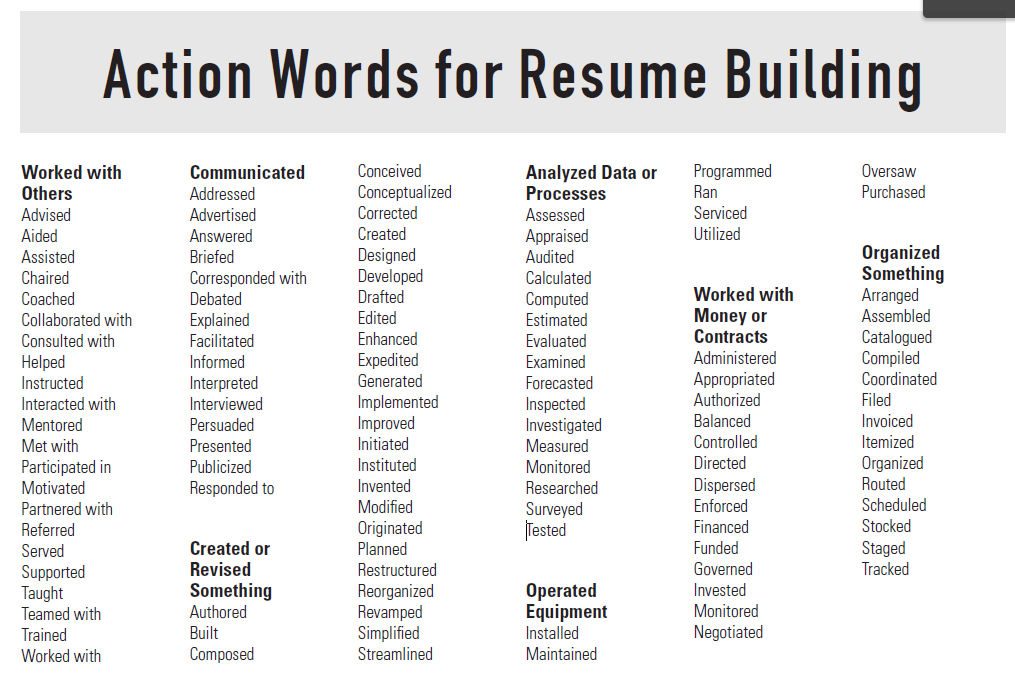 When, for example, one day She, prompted by fears Of her mother's heart, came with the brothers of Jesus according to the flesh, "desiring to speak" with Him, then He, pointing to those who heard His word, said: Behold my mother and my brothers; for who will do the will My Heavenly Father, he is my brother, and sister, and mother (Matthew 12:46-50).
When, for example, one day She, prompted by fears Of her mother's heart, came with the brothers of Jesus according to the flesh, "desiring to speak" with Him, then He, pointing to those who heard His word, said: Behold my mother and my brothers; for who will do the will My Heavenly Father, he is my brother, and sister, and mother (Matthew 12:46-50).
The true school of sorrow was for Her at the time when Her Son, crucified, hung on the Cross, ridiculed chief priests, scribes, and people, left by His own chosen disciples, except for John, and when She with some other wives she stood at His Cross.
But, learning to endure sorrows from people, the Most Pure Mother of God I learned at the same time to intercede for people. Seeing how Her Son after baptism began to call everyone into His Kingdom, She is already at the marriage in Cana of Galilee addresses Him with a request to help the owners in need, saying: They have no wine (John 2:3). Seeing how Her Son calls to Himself not only “working and burdened” (Matt. 11:28), but with the greatest teaches the Pharisees themselves about meekness and longsuffering, and scribes who blinded their spiritual eyes and hardened their hearts (Matt. 13:13-15), she and all this “she composed in her heart” (Luke 2:51). She I saw how Her Son prayed on the Cross for those who crucified Him, asking the Father to impute ignorance, and not to him who hardened them to the heart of the evil deed committed by them, - and She herself learned to intercede for people even evil and hardened. But as Her Divine Son, enduring "sorrow deadly” (Matt. 26:38) and "having conquered the world " (John 16:33) with its evil, gave peace to his disciples and desired that in union with him they always "had his joy, full of himself” (John 17:13), so His Most Pure Mother, after the weapon passed through her soul, became for peace not only "in the intercession of the immutable hope" , but also "all those who mourn Joy.
Seeing how Her Son calls to Himself not only “working and burdened” (Matt. 11:28), but with the greatest teaches the Pharisees themselves about meekness and longsuffering, and scribes who blinded their spiritual eyes and hardened their hearts (Matt. 13:13-15), she and all this “she composed in her heart” (Luke 2:51). She I saw how Her Son prayed on the Cross for those who crucified Him, asking the Father to impute ignorance, and not to him who hardened them to the heart of the evil deed committed by them, - and She herself learned to intercede for people even evil and hardened. But as Her Divine Son, enduring "sorrow deadly” (Matt. 26:38) and "having conquered the world " (John 16:33) with its evil, gave peace to his disciples and desired that in union with him they always "had his joy, full of himself” (John 17:13), so His Most Pure Mother, after the weapon passed through her soul, became for peace not only "in the intercession of the immutable hope" , but also "all those who mourn Joy. "
"
What does this story of sorrows teach us, brothers and sisters? of the Mother of God, experienced by Her before She became The joy of all who mourn? Because we don't have to count sorrows of this life "an adventure for us strange” (1 Pet. 4:12). If She, the Most Pure and The Immaculate Mother of God, endured such great grieve during the earthly life of your Son, then we, continually sinning and falling away from God, think we don't need affliction for spiritual good ours? Therefore, we should not pray to the Mother of God so much about deliverance from worldly sorrows that should teach us patience and lead us to the spiritual perfection (James 1, 3-4), how much about deliverance from troubles spiritual, from sins, from "passions of applications, embarrassing us" . Getting rid of these troubles rely on the tears of repentance shed by us from hearts in front of the icon of the One Who gave birth "every the tear of Christ who has taken away" .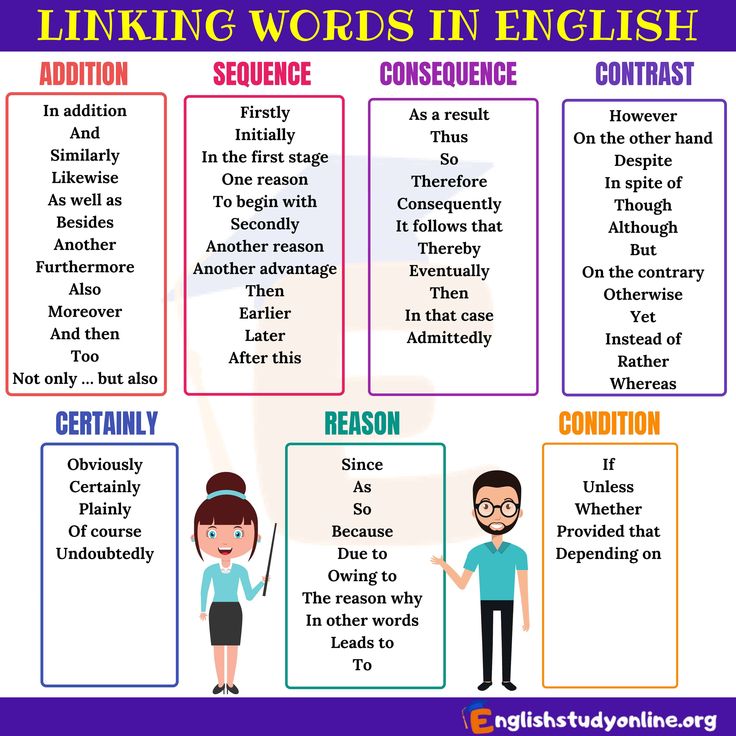 That's why the Holy Church especially reminds us of these soul-healing tears of repentance on holidays in honor of the holy icons of the Mother of God. "To the Mother of God diligently now as a follower, sinners and humility, and let us fall, calling in repentance from the depths of the soul ", - we hear in the hymns of this feast. Of course, the Most Holy Theotokos is "all Joy of the mourners and the offended Intercessor and the hungry Nourisher, strange Comfort, overwhelmed Haven, Visitation of the sick, Veil of the weak, and Intercessor ", but not from these external troubles She desires first of all to deliver us, on the contrary, more helping in the enduring of precisely these sorrows, She is verily "reverends with praise and sufferers wedding" .
That's why the Holy Church especially reminds us of these soul-healing tears of repentance on holidays in honor of the holy icons of the Mother of God. "To the Mother of God diligently now as a follower, sinners and humility, and let us fall, calling in repentance from the depths of the soul ", - we hear in the hymns of this feast. Of course, the Most Holy Theotokos is "all Joy of the mourners and the offended Intercessor and the hungry Nourisher, strange Comfort, overwhelmed Haven, Visitation of the sick, Veil of the weak, and Intercessor ", but not from these external troubles She desires first of all to deliver us, on the contrary, more helping in the enduring of precisely these sorrows, She is verily "reverends with praise and sufferers wedding" .
Let us recall at least some of the chosen ones of the Mother of God, which She was, and let's see when She was them His help. So, the Monk John of Damascus at first suffered much from the enemies of the Church, defending the saints icons with their writings, lost his right hand, and already after that, the Mother of God appeared as his comforter, healing his hand, so that she could write again in protection of holy icons. And later, when distinguished by great learning, the Monk John came to the Lavra of St. Sava the Sanctified, asking to accept him into obedience, how much did he have to test? On a very heavy obedience was imposed on him: nothing to speak and not to write pertaining to the science that he well studied. And he implicitly obeyed, until one brother did not ask him with his touching chants mourn for a dead brother. Thereafter strict the elder, despite the requests of other virtuous monks, completely refused to accept the Monk John to in obedience to himself, will he perform a heavy penance - clean with his own hands all the latrines in the monastery and wash impurities. The Monk John unquestioningly fulfilled all required. And now, after he had been so much tested and achieved through his humility so high spiritual perfection, the Mother of God appeared to the elder and ordered him to allow the Monk John to sing and write whatever you want.
And later, when distinguished by great learning, the Monk John came to the Lavra of St. Sava the Sanctified, asking to accept him into obedience, how much did he have to test? On a very heavy obedience was imposed on him: nothing to speak and not to write pertaining to the science that he well studied. And he implicitly obeyed, until one brother did not ask him with his touching chants mourn for a dead brother. Thereafter strict the elder, despite the requests of other virtuous monks, completely refused to accept the Monk John to in obedience to himself, will he perform a heavy penance - clean with his own hands all the latrines in the monastery and wash impurities. The Monk John unquestioningly fulfilled all required. And now, after he had been so much tested and achieved through his humility so high spiritual perfection, the Mother of God appeared to the elder and ordered him to allow the Monk John to sing and write whatever you want.
In the same way, the Monk Seraphim became beloved chosen by the Mother of God after he had been very much endured in the wilderness both from evil people and from demonic insurance, and from diseases, for through these sorrows his spirit so inflamed with love for God, becoming even on earth capable of looking forward to heavenly joys and to see those coming from the upper world.
Let us learn, brothers and sisters, and we, without murmuring and despondency, endure the tribulations of this life that purify us, for do not rejoice in the wicked, says the Lord through one of His prophets (Isaiah 48:22; 57:21)! The very faith ours through the patience of sorrows will become more firm and pray more boldly when we do not see in sorrows, something accidental, but we will always see clearly in them teaching us the beneficent Hand of God. Patiently waiting "the end of our patience from Lord” (James 5:11), we will notice how, even after a long time, the words are fulfilled on us Christ's: If you abide in me and my words in you abide, whatever you wish, ask, and it will be you... may my joy be in you and your joy will be perfect (John 15, 7, 11). And not only we ourselves will have joy in ourselves, but we will also become still comforters to others. For only he can be a comforter others who themselves endured many tribulations and kept the faith among them; the comfort of a man who has not experienced sorrows, are invalid, just as they were invalid for Job comfort of his friends.














